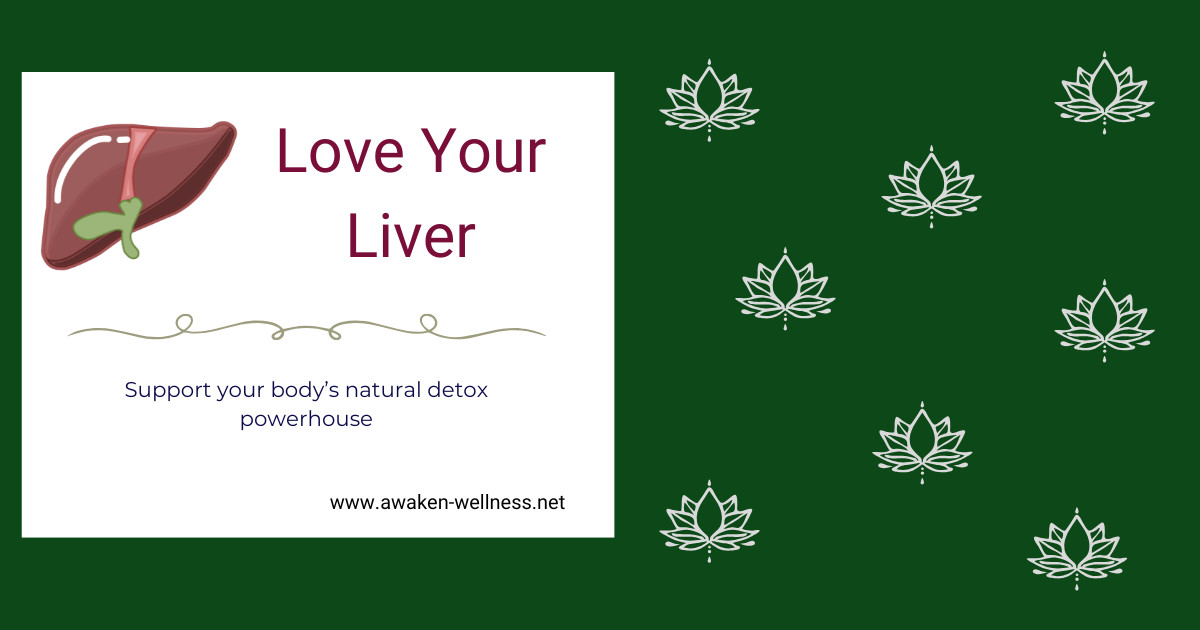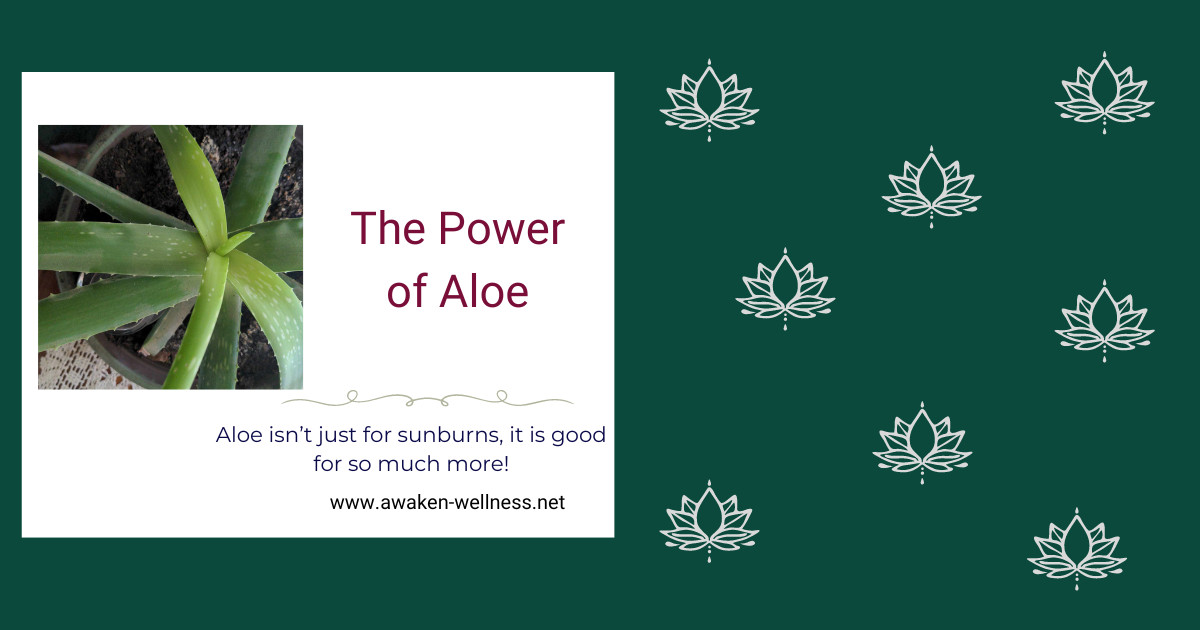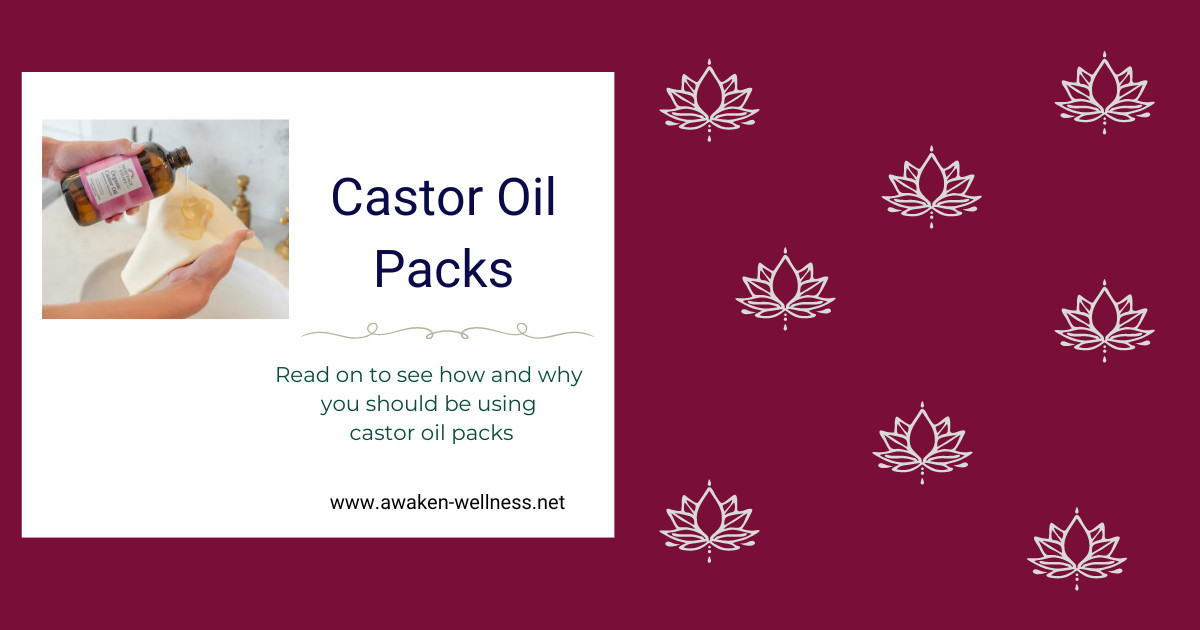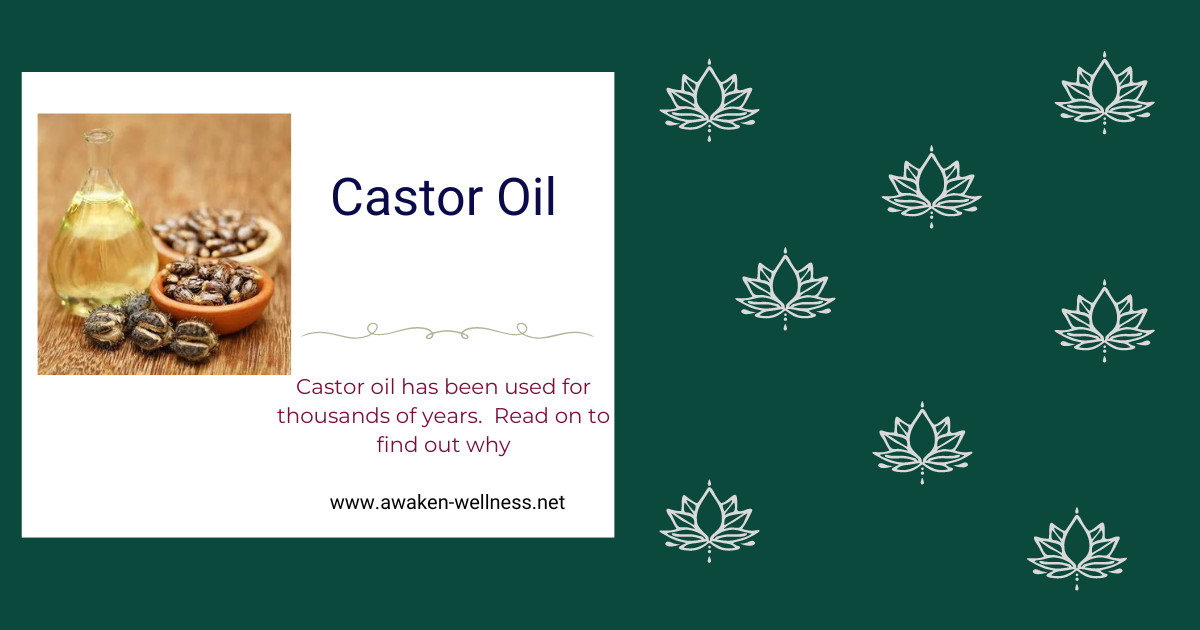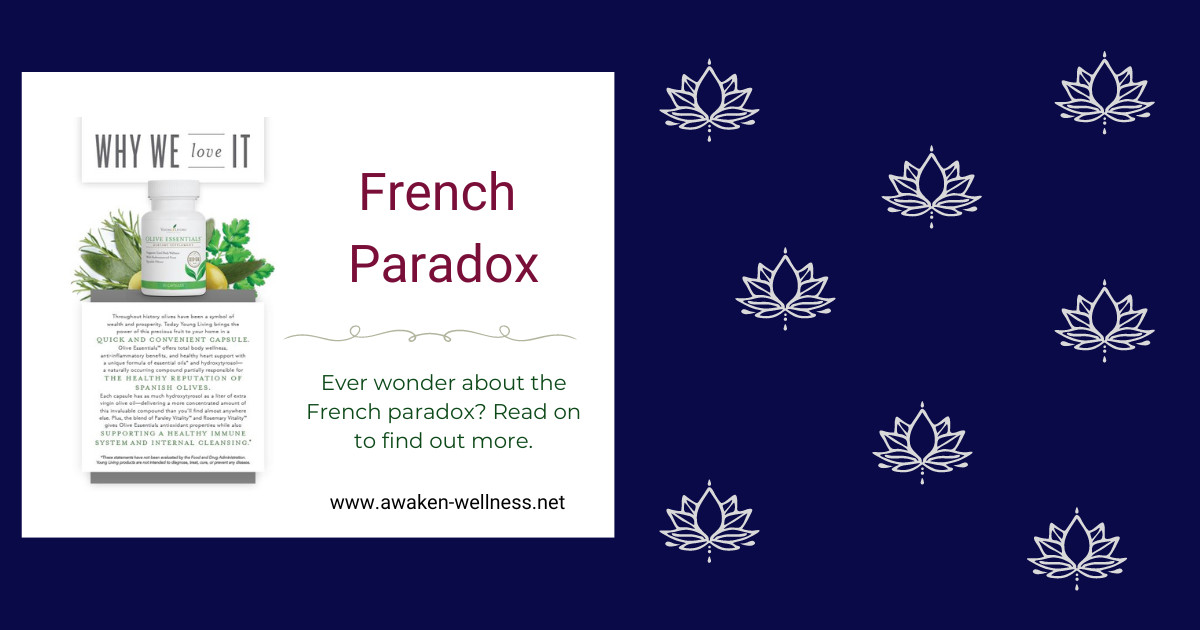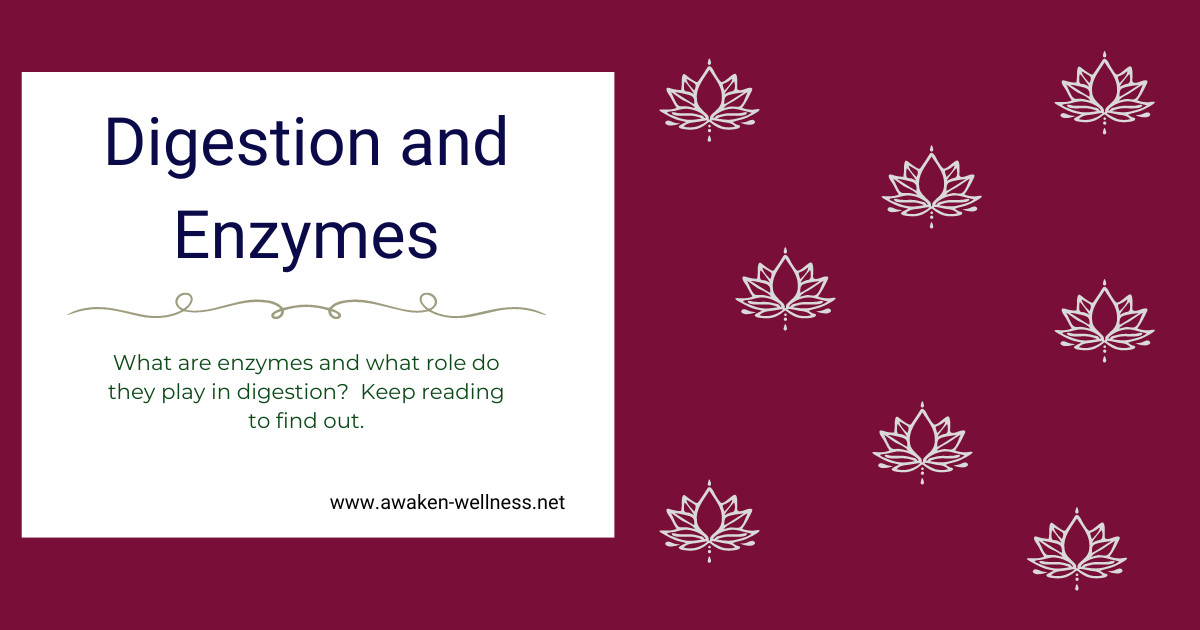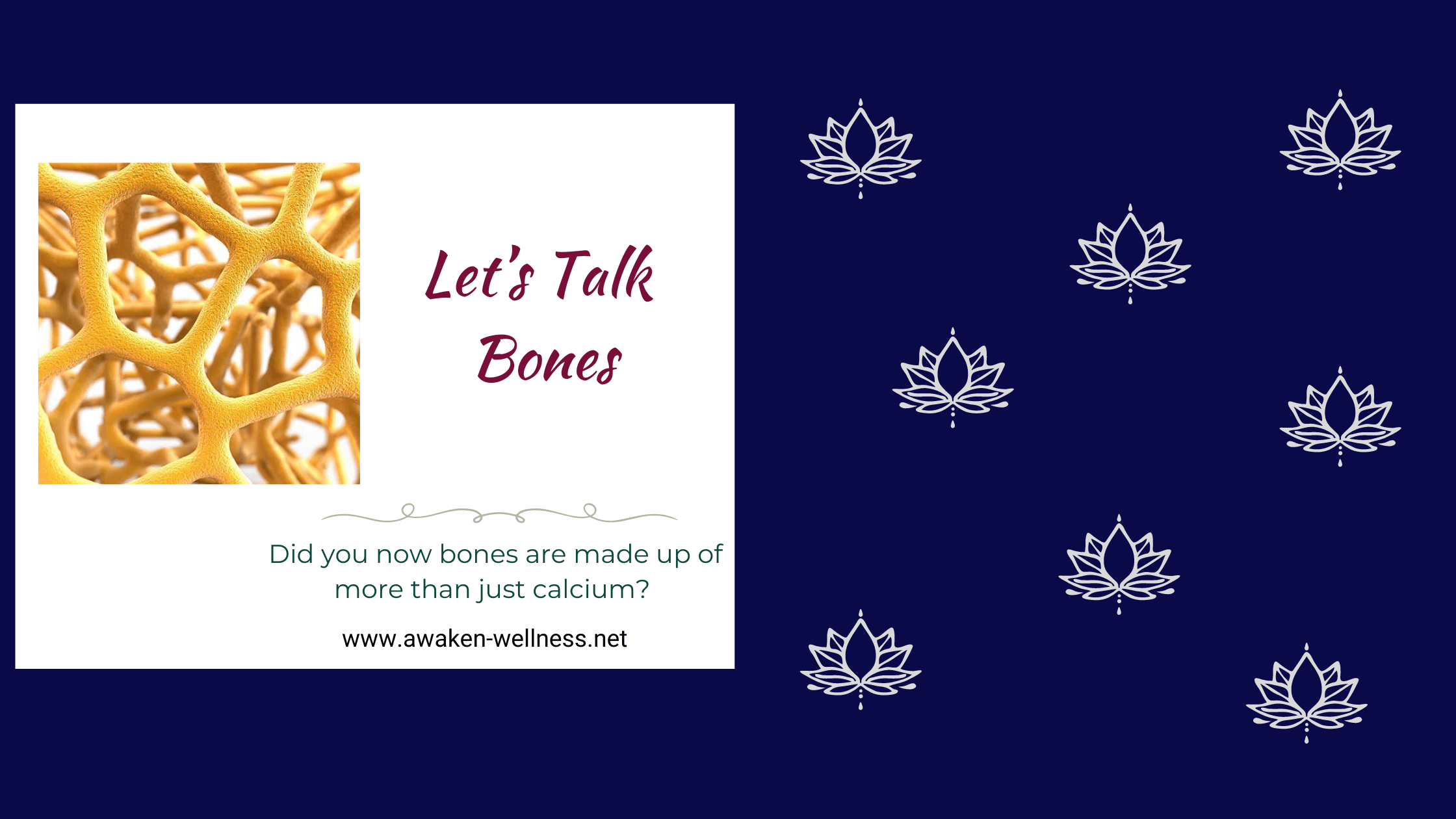
The Essential Purposes of Bones 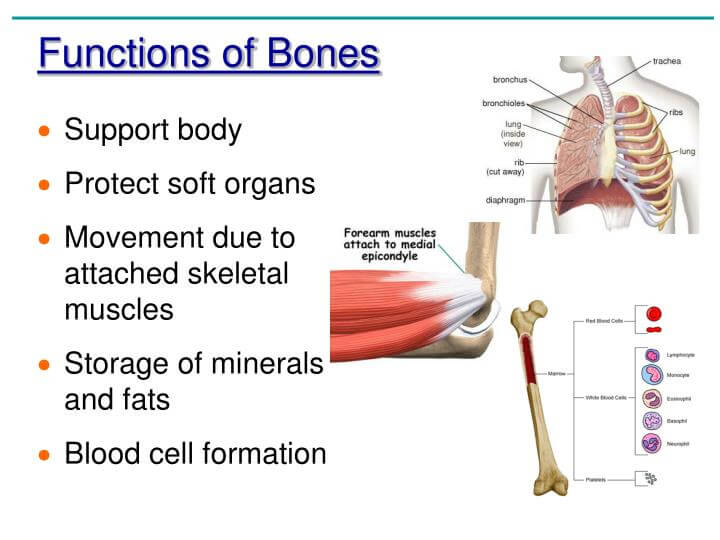
Bones are not just rigid structures in the body; they play several essential roles in maintaining overall health and functionality. Here are the key purposes of bones:
- Structural Support: Bones form the foundation of the body, providing support to muscles, tissues, and organs. They give us our shape and allow us to stand upright, maintain posture, and move.
- Protection of Vital Organs: Bones act as shields for many internal organs. The skull protects the brain, the ribcage guards the heart and lungs, and the vertebrae safeguard the spinal cord, reducing the risk of injury.
- Movement: By acting as levers and working with joints, bones enable movement. Muscles attach to bones, and when muscles contract, they pull on bones, allowing us to perform a wide range of movements.
- Mineral Storage: Bones serve as a reservoir for critical minerals like calcium and phosphorus. These minerals can be released into the bloodstream when needed to maintain mineral balance and support various physiological processes.
- Blood Cell Production: The bone marrow, located inside certain bones, is responsible for producing red and white blood cells as well as platelets, a process known as hematopoiesis.
- Endocrine Regulation: Bones also function as part of the endocrine system. They release hormones like osteocalcin, which helps regulate blood sugar levels and fat deposition.
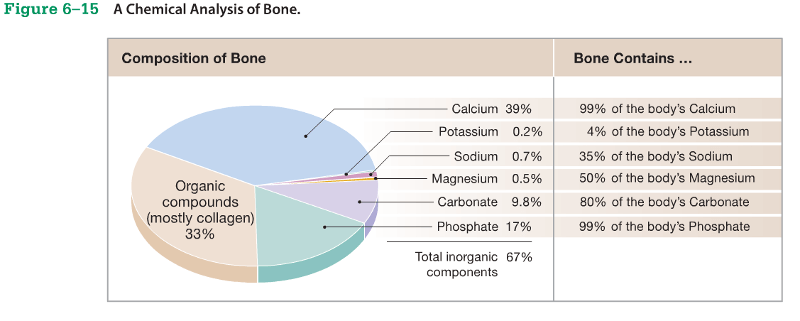
The Composition of Bones
Bones are much more than just calcium. They are made up of a complex mineral matrix that provides strength, flexibility, and functionality.
Key Components of Bones:
- Calcium: The most abundant mineral in bones, primarily found in the form of calcium phosphate (hydroxyapatite), which gives bones their hardness.
- Phosphorus: Works with calcium to form hydroxyapatite, which is vital to bone structure.
- Magnesium: Helps regulate calcium balance and plays an essential role in bone formation.
- Sodium: Important for bone remodeling and mineralization.
- Potassium: Helps prevent calcium loss from bones.
- Zinc: Necessary for bone growth and mineralization.
- Iron: Involved in the synthesis of collagen, which is part of the bone matrix.
These minerals, combined with collagen fibers, form a structure that is both strong and flexible, allowing bones to support the body and withstand stress.
.
How to Ensure Healthy Bones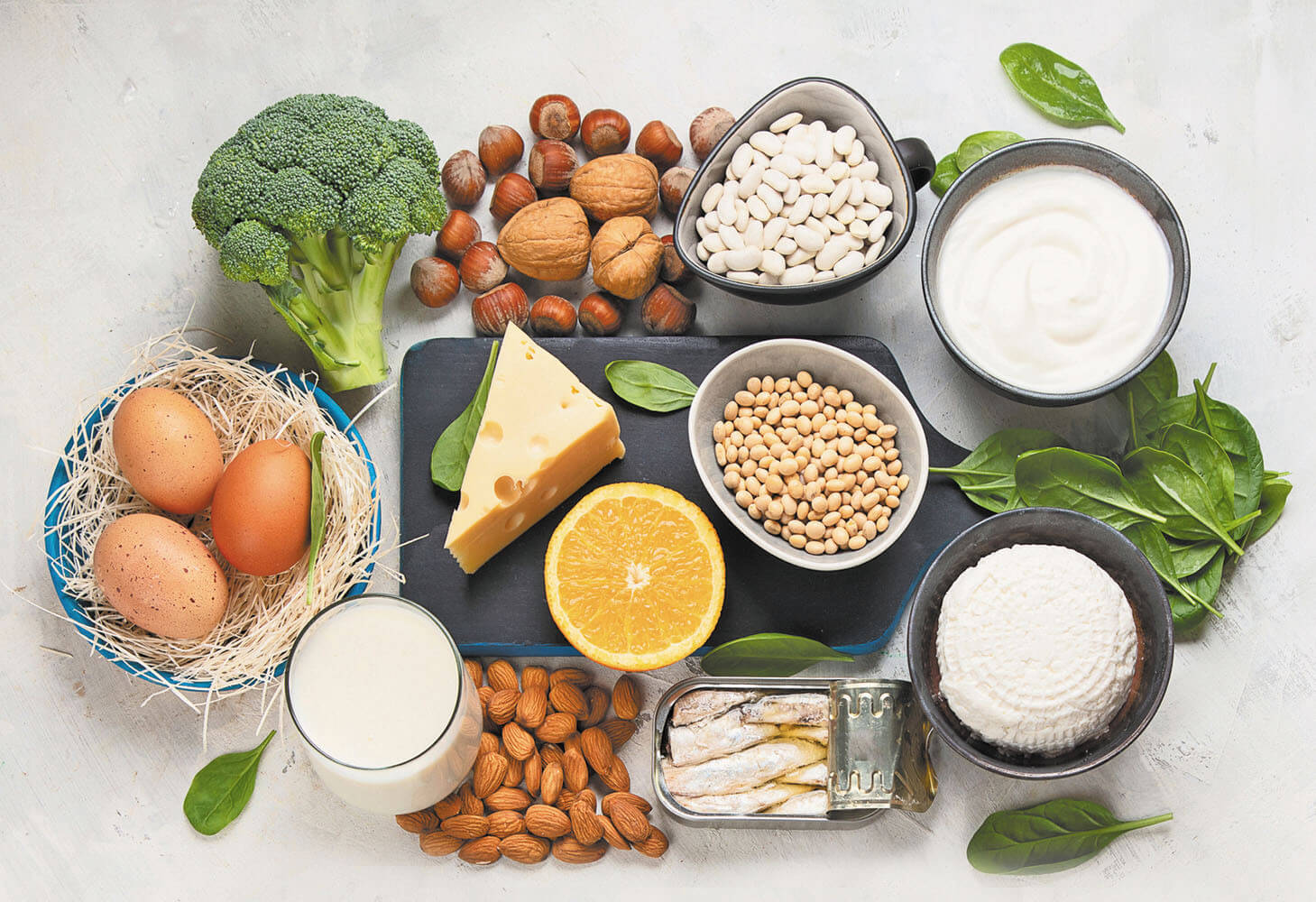
To keep bones strong, heal them when needed, and prevent degeneration, it’s crucial to consume foods rich in specific nutrients and minerals. Below are some essential nutrients for bone health and sources where you can find them:
- Calcium: Found in cheese, yogurt, raw milk, leafy greens, and sardines.
- Phosphorus: Available in meat, fish, poultry, dairy (raw preferred), nuts, and seeds.
- Magnesium: Can be sourced from pumpkin seeds, spinach, almonds, black beans, avocados, bananas, and whole grains.
- Vitamin D: Synthesized from sunlight exposure, and found in fatty fish like sardines and mackerel, as well as supplements like Super Vitamin D.
- Vitamin K2: Found in leafy greens, fermented foods, and eggs.
- Zinc: Present in meat, shellfish, pumpkin seeds, lentils, and whole grains.
- Boron: Available in avocados, prunes, raisins, almonds, and hazelnuts.
- Omega-3 Fatty Acids: Found in fatty fish like sardines and salmon, as well as chia seeds, flaxseeds, and walnuts.
- Collagen: Found in bone broth, gelatin-rich foods, collagen supplements, and colostrum supplements.
Avoiding Bone-Damaging Substances
While consuming the right nutrients is important, it’s equally vital to avoid substances that can harm bones. Excessive sodium can lead to calcium loss, and high sugar intake can interfere with nutrient absorption. Keep these two substances in check to protect bone health.
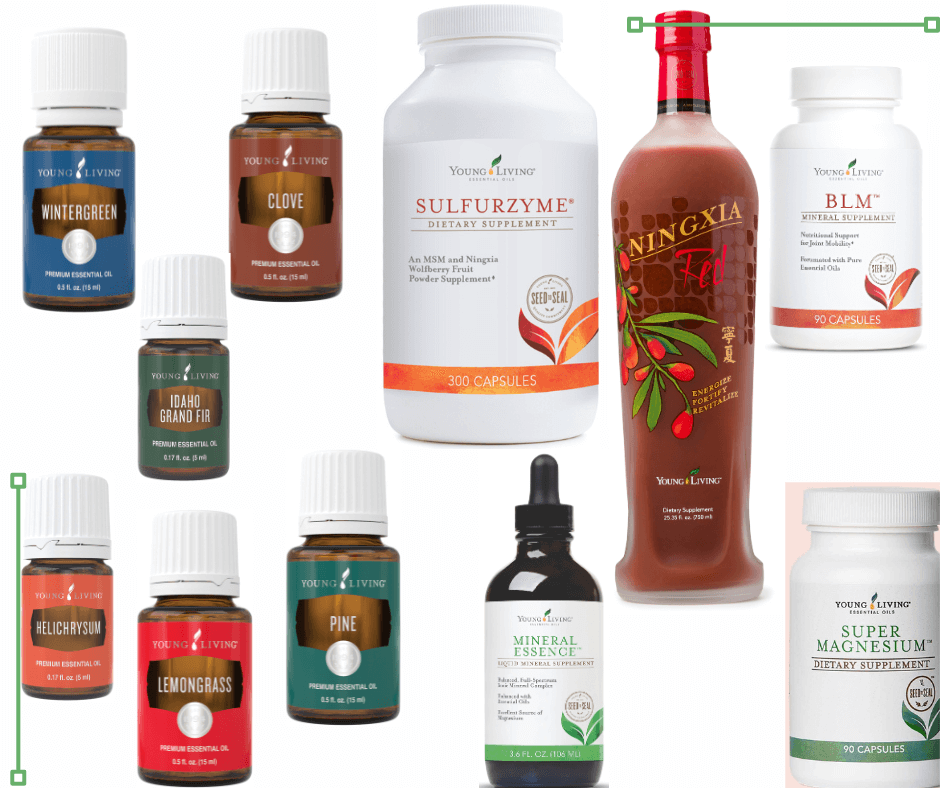 Supplementation for Bone Health
Supplementation for Bone Health
In addition to a nutrient-rich diet, supplementation may help fill in any nutritional gaps:
- Mineral Essence: A blend of ionic minerals for overall mineral balance.
- BLM (Bones, Ligaments, Muscles): A supplement to support musculoskeletal health.
- Sulfurzyme: Helps in the recovery and repair of bones and joints.
- NingXia Red: Rich in antioxidants, it supports overall health and vitality.
- Super Magnesium: Essential for bone strength and calcium regulation.
Essential Oils That Support Bone Healing and Repair
Certain essential oils may also promote the healing and repair of bones:
- Wintergreen: Known for its soothing properties.
- Idaho Grand Fir: Supports bone and joint health.
- Clove: Rich in antioxidants that may help with bone repair.
- Helichrysum: Supports tissue healing.
- Pine: Promotes bone strength.
- Lemongrass: Known to help in tissue repair.
By following these dietary and lifestyle tips, you can maintain strong, healthy bones throughout your life. Supplementation, balanced nutrition, and mindful practices are the keys to long-term bone health and vitality.
Until next time,
Rochelle
Aloe is so much more than relief for sunburn
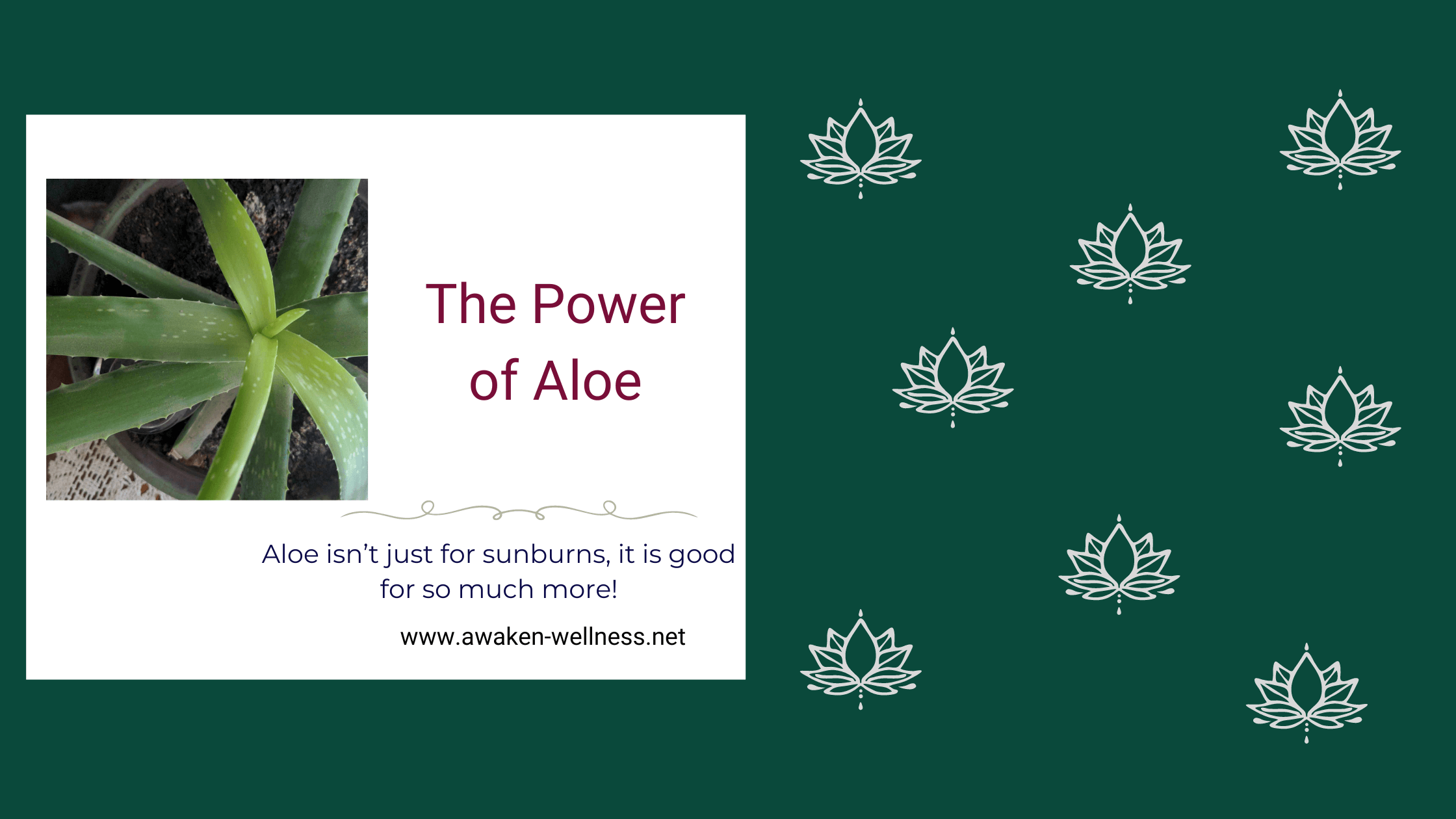
Unlock the Health Magic of Aloe Vera! 🌱✨
Aloe vera isn't just for soothing sunburns anymore—this green gem is a powerhouse of health benefits when you incorporate it into your diet. Let's dive into the incredible ways aloe vera can boost your well-being!
Hydration Hero 💧
Aloe vera is made up of 96% water, making it a fantastic way to stay hydrated. Proper hydration is crucial for maintaining healthy skin, organs, and overall bodily functions. Adding aloe vera to your daily routine can help keep you refreshed and glowing from the inside out!
Nutrient Powerhouse 🌟
This wonder plant is packed with essential vitamins and nutrients, including:

- **Vitamins A, C, and E**: Antioxidants that protect your cells from damage.
- **Vitamin B12**: Supports nerve and blood cell health.
- **Folic Acid and Choline**: Important for brain function and overall health.
Aloe vera is like a multivitamin in plant form! 💪
Mineral Magic 🧙♂️
Aloe vera also boasts a rich mineral content, providing:
- **Calcium**: For strong bones and teeth.
- **Magnesium**: Helps with muscle and nerve function.
- **Zinc, Chromium, and Selenium**: Support immune function and metabolism.
- **Iron, Potassium, Copper, and Manganese**: Essential for various bodily functions.
Talk about an all-star lineup! 🌟
Digestive Dynamo 🍃
Aloe vera is known for its soothing properties, which can help cleanse and support your digestive tract. If you struggle with tummy troubles, incorporating aloe vera into your diet might just be the relief you need. It promotes healthy digestion and can help with conditions like irritable bowel syndrome (IBS). Say goodbye to digestive discomfort and hello to happy gut vibes! 🥳
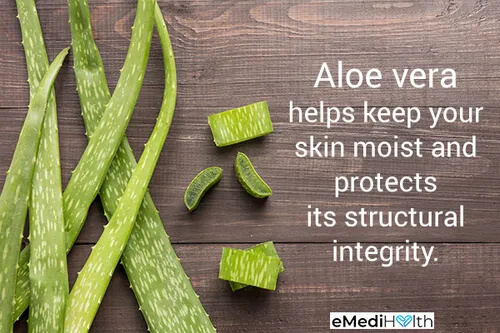 Skin Saver 🌿
Skin Saver 🌿Aloe vera is not only great for your insides but also works wonders on your skin. Eating aloe vera and applying it topically can help you achieve that radiant, healthy glow. Its hydrating properties and rich nutrient content support skin health from within, making it a fantastic addition to your beauty routine. ✨
Acemannan Benefits 📚
One of the standout components of aloe vera is acemannan, a powerhouse polysaccharide. Research shows that acemannan offers numerous health benefits:
- **Immune Support**: Enhances immune function.
- **Wound Healing**: Speeds up the healing process.
- **Anti-Inflammatory and Antiviral Properties**: Helps reduce inflammation and combat viruses.
Antioxidant Armor 🛡️
Aloe vera is rich in antioxidants, which help protect your body from damage by free radicals. These powerful compounds support overall health and can reduce the risk of chronic diseases.
How to Incorporate Aloe Vera Into Your Diet
Ready to make aloe vera your new health BFF? Here are a few easy ways to include it in your meals:
- **Smoothies**: Blend aloe vera gel or a simply cut a piece of the leaf and add it with your favorite fruits and veggies for a nutrient-packed smoothie.
- **Juices**: Add aloe vera juice to your daily drink for an extra health boost.
- **Salads**: Mix aloe vera gel into your salads for a refreshing twist.
Your body will thank you! 💚
Conclusion
Aloe vera is more than just a plant—it's a superfood with incredible health benefits. From hydration to immune support, this versatile plant can enhance your overall well-being. So why not give it a try? Your body, mind, and skin will be glad you did.
#AloeVera #HealthyLiving #NaturesGift #StayHydrated #NutritionNinja #GlowFromWithin #SuperfoodMagic #Acemannan #NaturalWellness
Stay healthy and happy! 🌿✨
Until next time,
Rochelle



